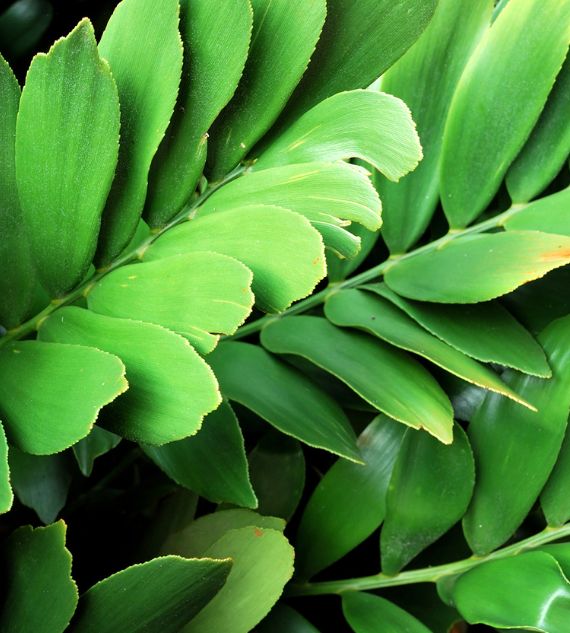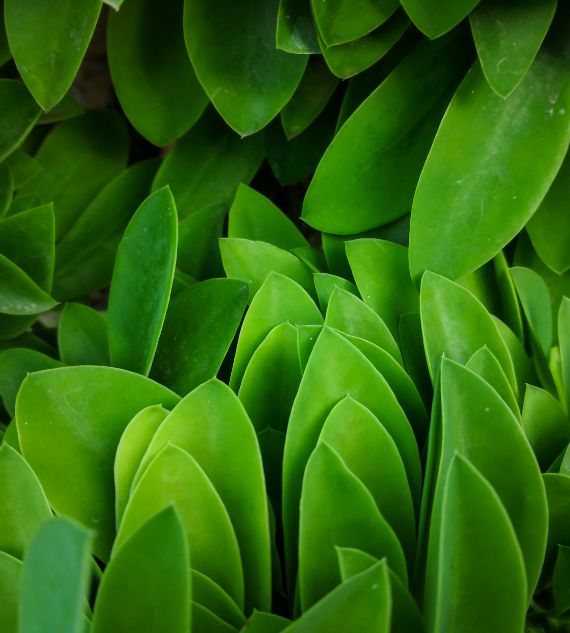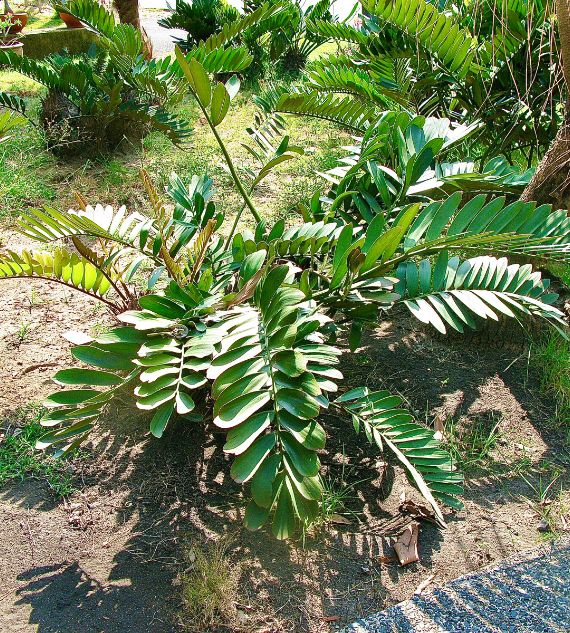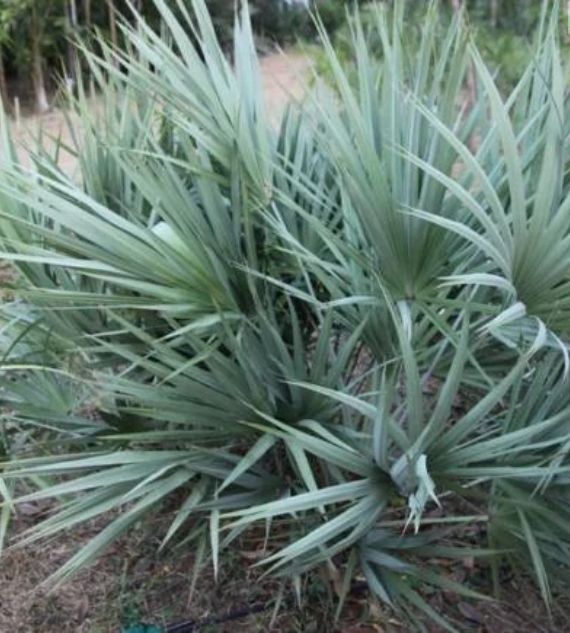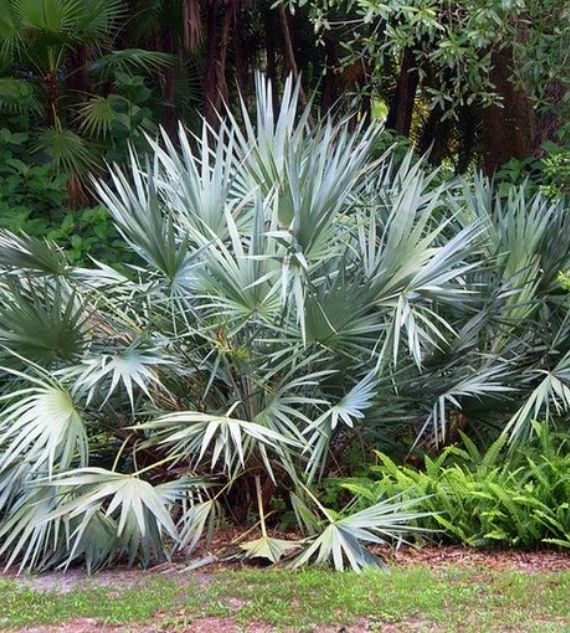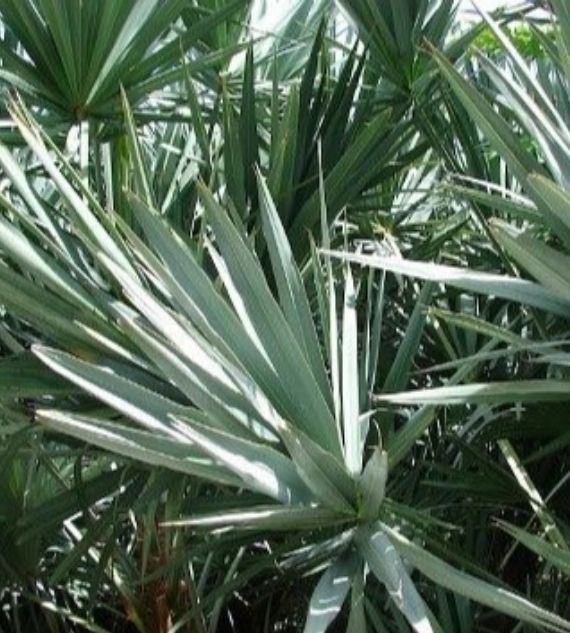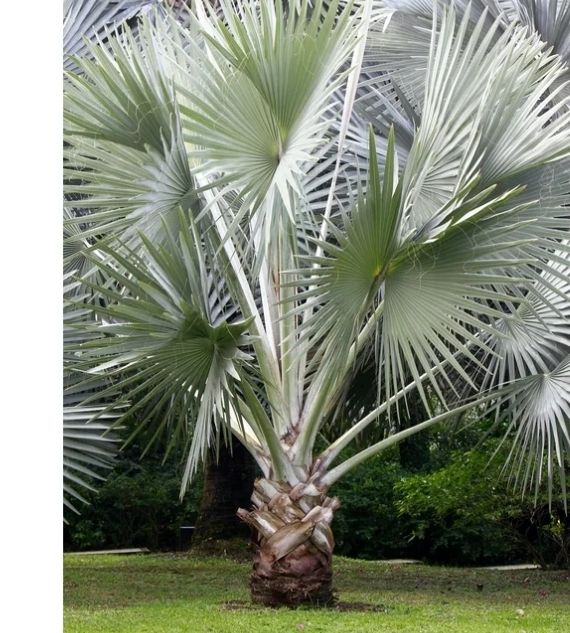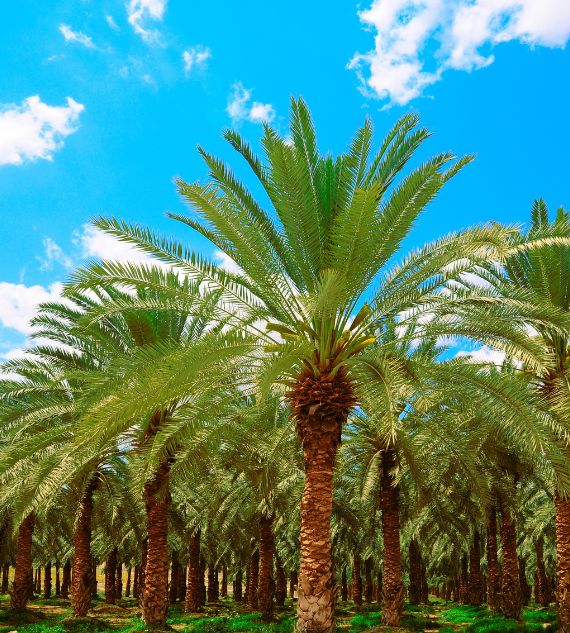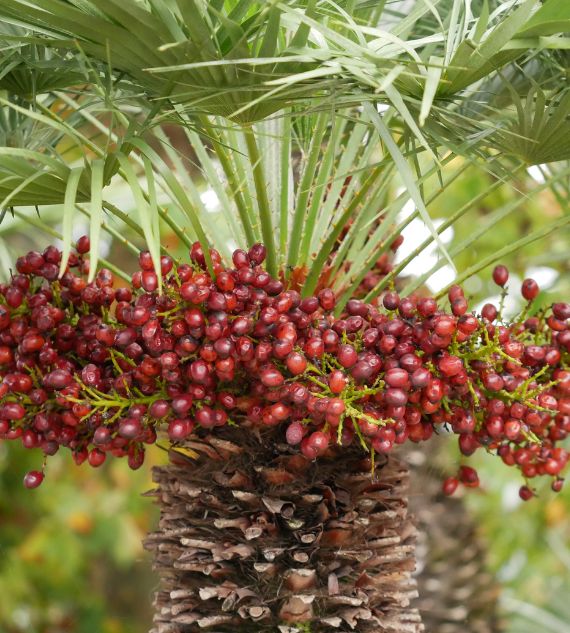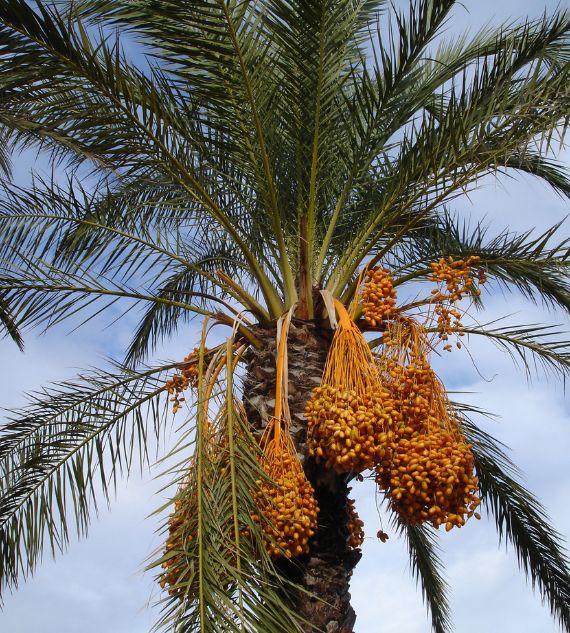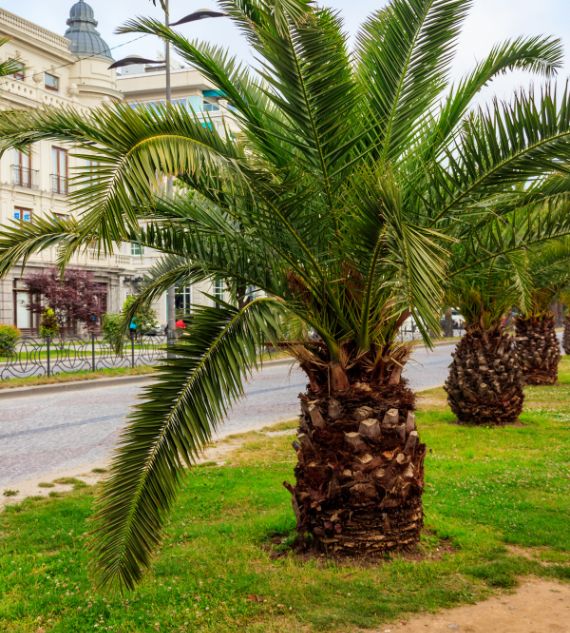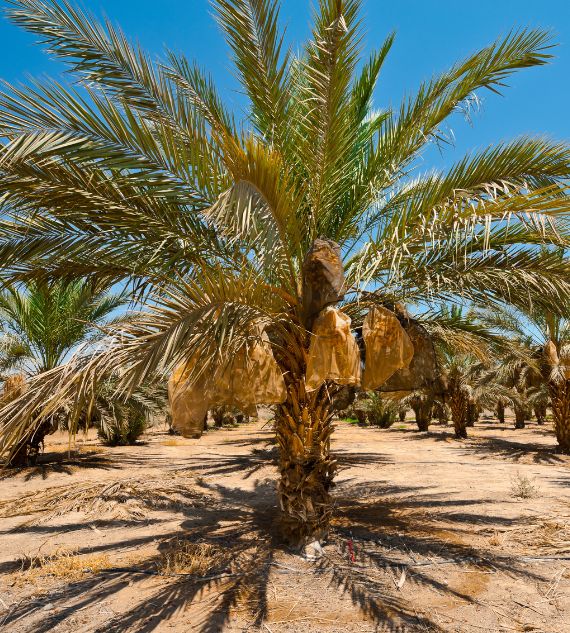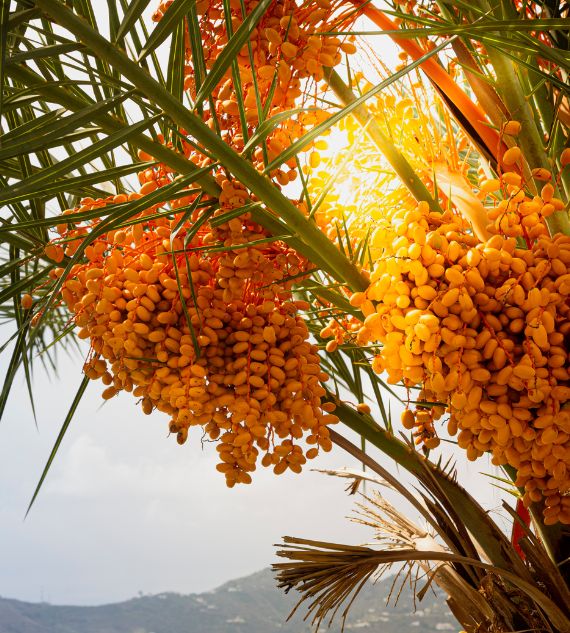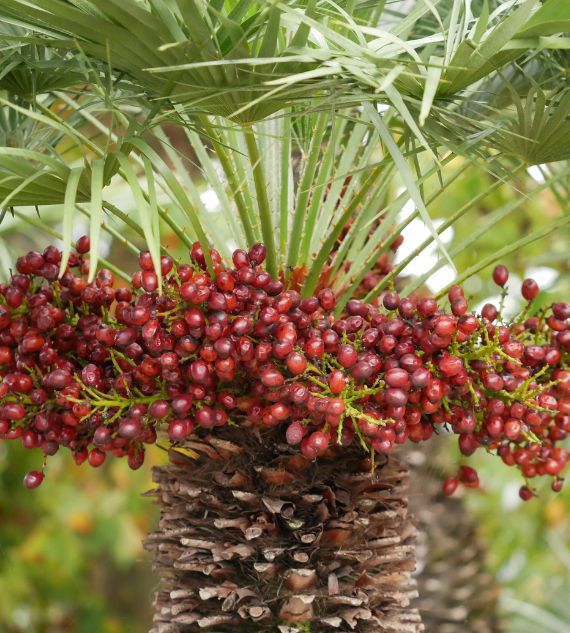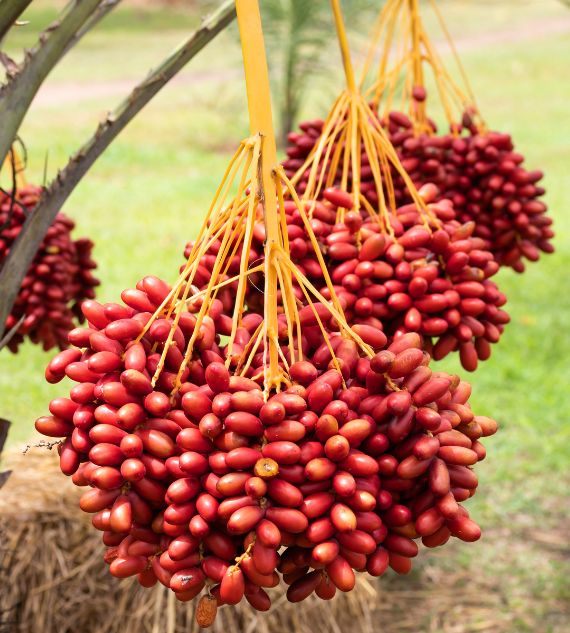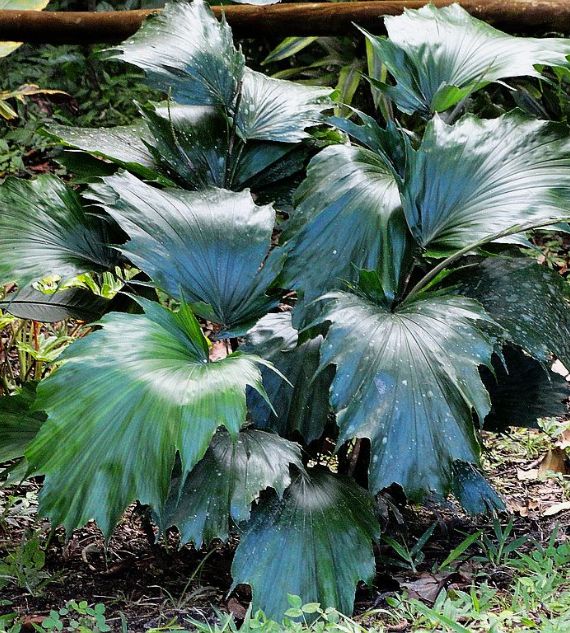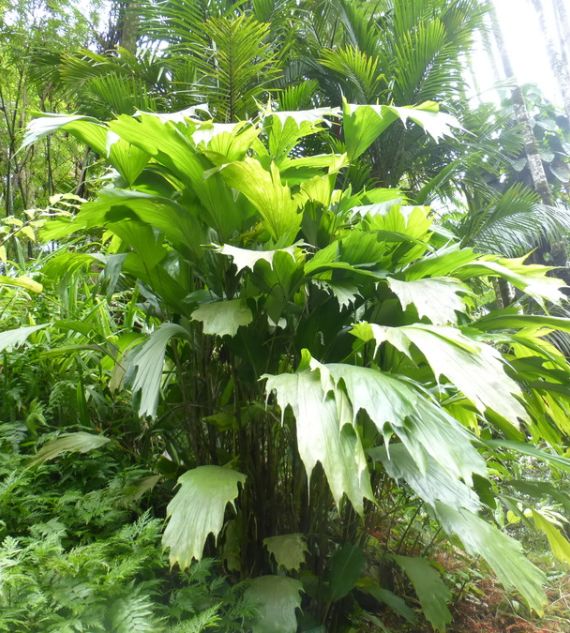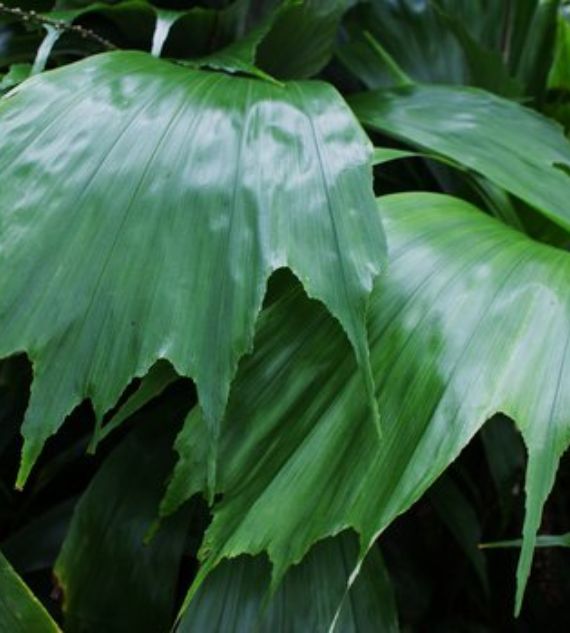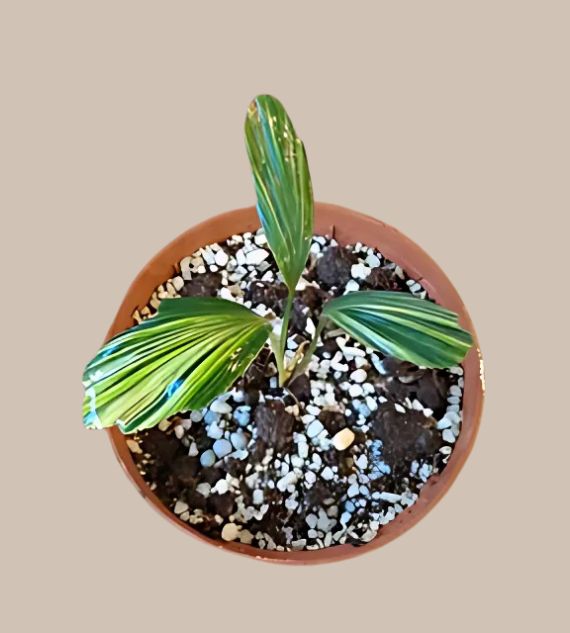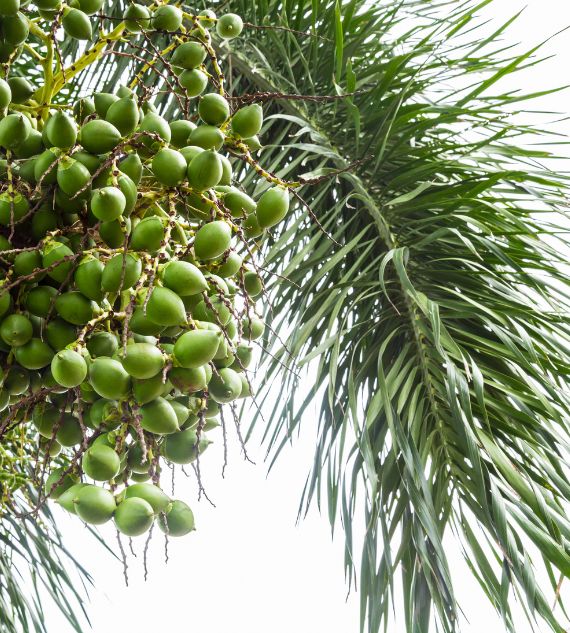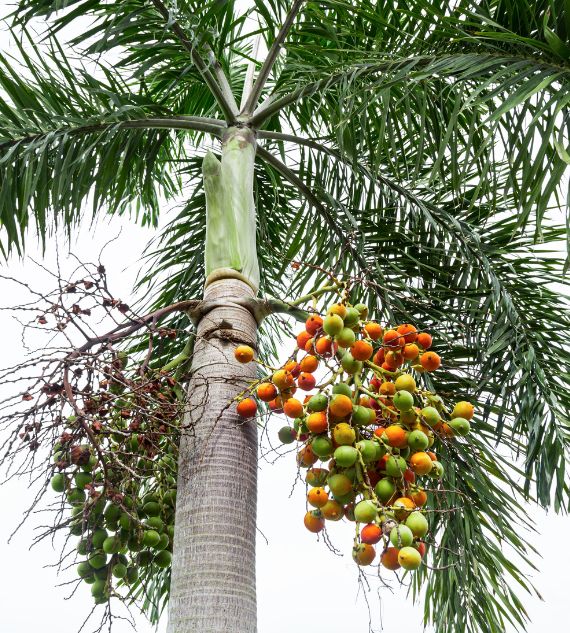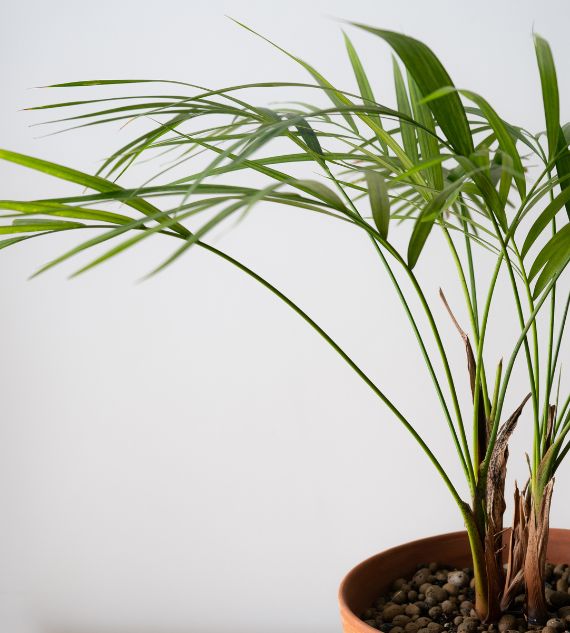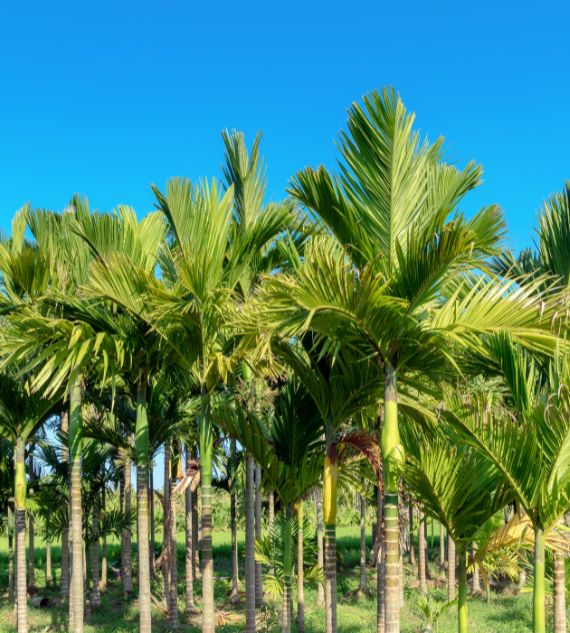-
-
Call: +971 50 861 1504
-
Email: mhpinternational11@gmail.com
Palm and Cycads
High Quality Palm and Cycads
Palm and Cycads
Palms and cycads, while visually similar with their large, fan-like leaves and tall trunks, are not closely related botanically. Palms are flowering plants (angiosperms) and belong to the family Arecaceae, while cycads are gymnosperms and belong to the family Cycadaceae. A key difference is that cycads produce seeds in cones, whereas palms produce flowers that lead to fruit containing seeds.
Zamia Furfurea Cardboard Palm Plant
The Zamia furfuracea, commonly known as the Cardboard Palm, is a hardy, low-maintenance plant native to Mexico. Despite its name, it’s a cycad, not a true palm, and is admired for its thick, textured leaves that resemble cardboard. Ideal for both indoor and outdoor settings, it thrives in warm climates and adds a tropical touch to any space.
Silver Serenoa Repens Tree
The Silver Serenoa repens, also known as the Silver Saw Palmetto, is a striking, slow-growing palm native to the southeastern United States. It features distinctive silver-blue fan-shaped leaves and a clumping growth habit, making it a popular choice for ornamental landscaping in warm climates. Highly drought-tolerant and low-maintenance, it's well-suited for both coastal and inland gardens.
Phoenix Roebelenii-Miniature Date Palm or Pygmy Date Palm
Phoenix roebelenii, commonly known as the Miniature Date Palm or Pygmy Date Palm, is a compact, elegant palm ideal for both indoor and outdoor use. Native to Southeast Asia, it features graceful, arching fronds and a slender trunk, making it a popular ornamental plant for gardens, patios, and interior spaces. It thrives in warm climates and prefers well-drained soil with moderate sunlight.
Exotic Dwarf Date Palms – Phoenix pusilla & More
The Exotic Dwarf Date Palms, including Phoenix pusilla and P. zeylanica, are compact, slow-growing palms native to South Asia. Commonly known as the Ceylon Date Palm, Inchu Palm, or Small Wind Date, they feature slender trunks and feathery fronds, making them perfect for small gardens, containers, and ornamental landscaping in warm climates. Drought-tolerant and low-maintenance, these palms add a tropical charm to any space.
Arenga Hookeriana | The Ultimate Exotic Palm
Arenga hookeriana, often called the Ultimate Exotic Palm, is a rare and ornamental species prized for its graceful, arching fronds and dense, clumping growth habit. Native to Southeast Asia, it thrives in tropical and subtropical climates, making it an eye-catching addition to shaded gardens, landscapes, or exotic plant collections.
Areca Catechu (Betel Nut Palm)
Areca catechu, commonly known as the Betel Nut Palm, is a tall, slender palm native to Southeast Asia and the Pacific. It is widely cultivated for its seed, known as betel nut, which is traditionally chewed in many cultures. With its elegant trunk and feathery fronds, it also serves as a striking ornamental plant in tropical landscapes.

